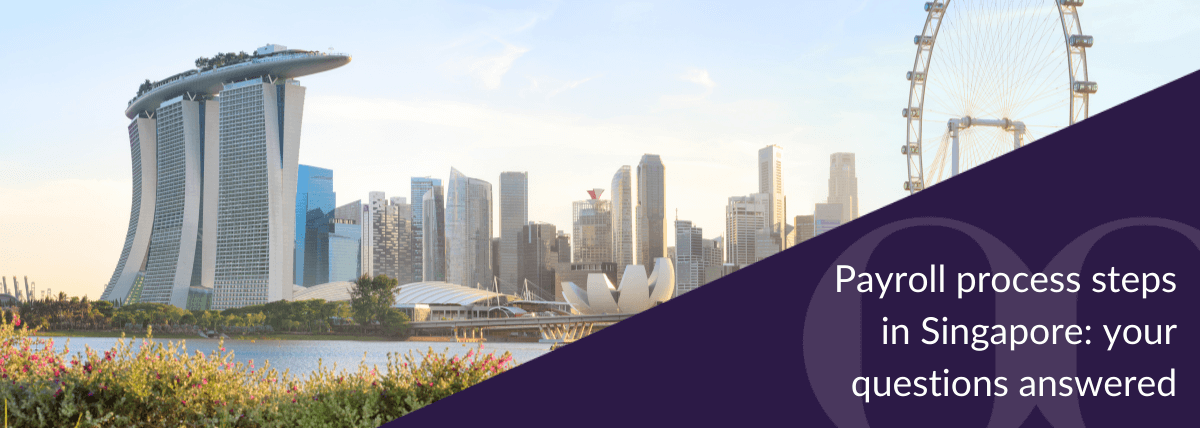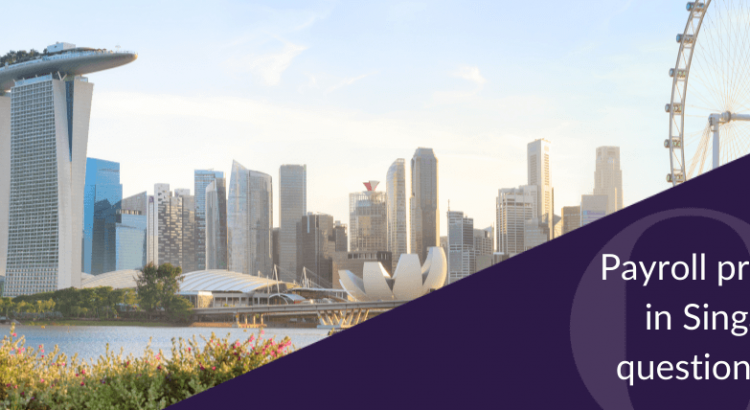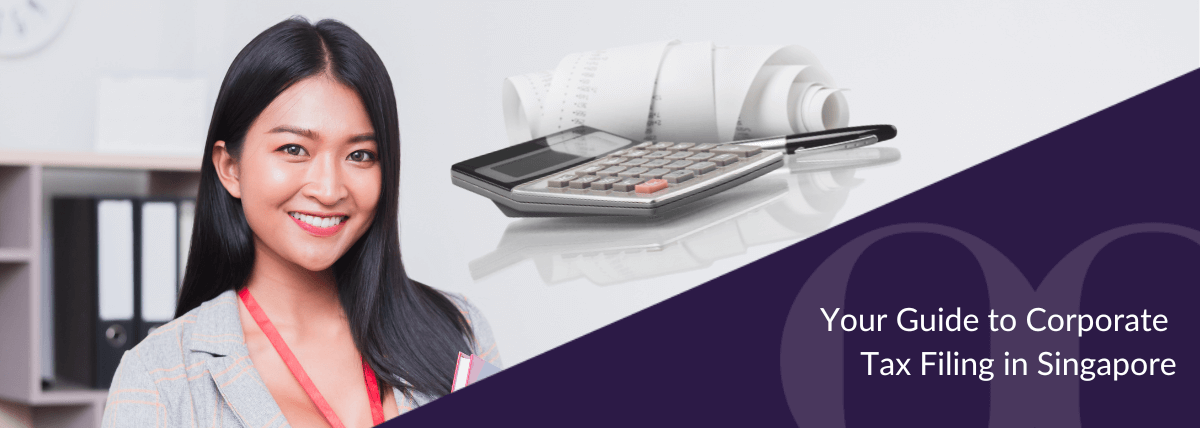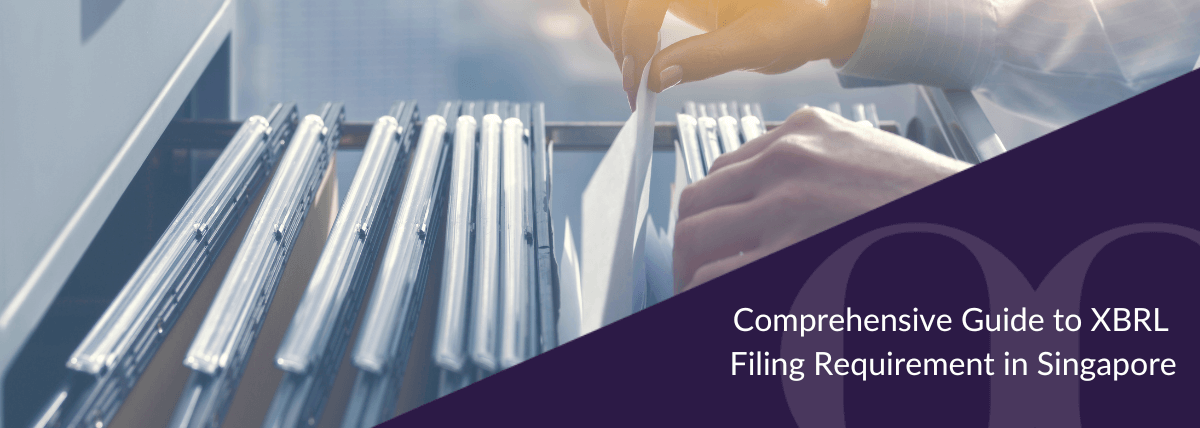The payroll process steps in Singapore: your questions answered
Small payroll errors can have massive repercussions in Singapore, including expensive fines, reputational damage and employee dissatisfaction. That’s why knowing the payroll process steps and understanding payroll compliance obligations is critical to operating successfully in the country.
To help your company stay compliant, our team of payroll experts have answered your most pressing payroll process questions.
1. What information do I need for payroll in Singapore?
To set up employees on your company’s payroll in Singapore, you need their:
- full name;
- date of birth;
- date hired;
- immigration status;
- identification number;
- current job start date;
- pay frequency;
- pay currency;
- pay amount;
- self-help group contribution status;
- payment method; and
- bank account details.
2. What are the working conditions and wage requirements in Singapore?
- Working hours: employees in Singapore work either:
- a nine-hour workday with an average working week of no longer than 44 hours, and (most commonly) two days off per week; or
- an eight-hour workday, working six days a week.
- Pay cycles: salaries in Singapore are typically paid monthly.
- Minimum wages: there is no minimum wage in Singapore. Salaries are negotiated and mutually agreed upon by employees and employers.
- Overtime, rest day and holiday pay rates: overtime is paid at 1.5 times the employee’s hourly basic rate of pay. This rate is capped at the salary level of $2,600 or an hourly rate of $13.60 (excluding manual labourers).
Employees can work up to 72 hours of overtime per month. Rest days and public holiday pay rates vary depending on several factors outlined here.

3. What are the holiday and leave requirements for payroll?
- Paid holidays: there are 11 gazetted public holidays per year.
- Annual leave entitlements: employees are entitled to between 7-14 days of paid annual leave, depending on their length of service with the company.
- Sick leave entitlements: employees are entitled to between 5-14 days of paid outpatient sick leave and 15-60 days of paid hospitalisation sick leave, depending on their length of service with the company.
- Maternity leave entitlements: new mothers are entitled to 16 weeks of paid maternity leave if:
- their child is a Singaporean citizen;
- they have previously worked for the employer for three continuous months before the birth; and
- they have given their employer at least one week’s notice before going on maternity leave.
Employers can submit reimbursement claims to the government under the Government-Paid Maternity Leave Scheme.
- Paternity leave: government-paid paternity leave of two weeks is available for employees if:
- their child is a Singaporean citizen;
- they have previously worked for the employer for three continuous months before the birth; and
- they are or had been lawfully married to the child’s mother between conception and birth.
- Childcare leave entitlements: parents of Singaporean citizens are entitled to six days of paid childcare leave per year. Parents of non-Singaporean citizens are entitled to up to two days of paid childcare leave per year. However, to be eligible:
- their youngest child must be under seven years of age; and
- the parents must have been working with their employer for at least three continuous months.
Employers will pay the first three days, and the government pays for the remaining three days.
- Unpaid infant care leave entitlements: parents of Singaporean citizens are entitled to six days of unpaid infant care leave per year. However, to be eligible:
- their child must be under two years of age; and
- the parents must have been working with their employer for at least three continuous months.
- Other non-compulsory leave types: Employees can also apply for the following optional leave types. They are not statutory requirements but subject to employer approval:
- marriage leave: typically three days paid leave per year
- compassionate leave: typically two to three days of paid leave per year
- birthday leave: one day of paid leave per year
- exam leave: typically two days of leave per subject
- eldercare leave: at the discretion of employers. Public service agencies currently offer two days of paid parental care leave per year.
4. What social security and statutory contributions must employers make?
- Central Provident Fund (CPF): employers and most employees (Singaporean citizens or permanent residents only) must contribute to the CPF retirement benefits scheme.
The CPF contribution rate for employees varies depending on their monthly salary, whereas the employer contribution rate for employees aged up to 55 years is 17%.
- Self-Help Group (SHG) Funds: these are voluntary employee contributions to less privileged and low-income households of the communities that each employee is a part of. There are four SHG funds:
- Chinese Development Assistance Council Fund (CDAC);
- Eurasian Community Fund (ECF);
- Mosque Building and Mendaki Fund (MBMF); and
- Singapore Indian Development Association Fund (SINDA).
Employers deduct the SHG contributions from employee wages. The contribution rates vary per fund but range from $0.50–$30 per month.
- Skills Development Levy (SDL): employers are required to contribute SDL for all their employees (irrespective of their immigration status) up to the first $4,500 of each employee’s total monthly wages.
The levy rate for SDL is 0.25% or a minimum of $2 (for total wages of $800 or less). This supports training and workforce upgrade programs.
- Foreign Worker Levy (FWL): this levy applies to foreign workers with a Work Permit or S Pass Holders. It does not apply to employees under Employment Pass (EP).
The FWL rate varies depending on:
- industry type;
- whether the employee has a Work Permit or an S Pass;
- employee skill level; and
- the number of foreign workers employed within the company.
More information on the FWL is available here.

5. Are payslips mandatory in Singapore?
6. Is ‘13th month pay’ mandatory in Singapore?
7. Do all employees have to be on payroll?
8. Can I do payroll myself?
9. Do employers pay taxes on payroll?
Employers in Singapore are not required to withhold taxes from an employee’s salary. However, employers must withhold tax for foreign workers for at least one month if they cease working in Singapore, or if they leave Singapore for longer than three months.As discussed above, employers must also make social security and statutory contributions for their employees.
In addition, many employers also offer some form of private health insurance for their employees. While this is not mandatory it is a cultural business norm in Singapore.

Want expert help in processing your company’s payroll in Singapore?
As you can see from the information above, many complexities surround the payroll process steps in Singapore. This makes it extremely challenging for companies with offices in the country to remain compliant.
Moreover, payroll compliance regulations change frequently, so staying up to date can be complicated and time-consuming, especially if your company has a high-volume payroll.
We can help you to create an efficient, accurate and compliant payroll process.
Speak to our specialist team today to organise a free payroll health check and find out how to reduce payroll costs and compliance risks for your company.




